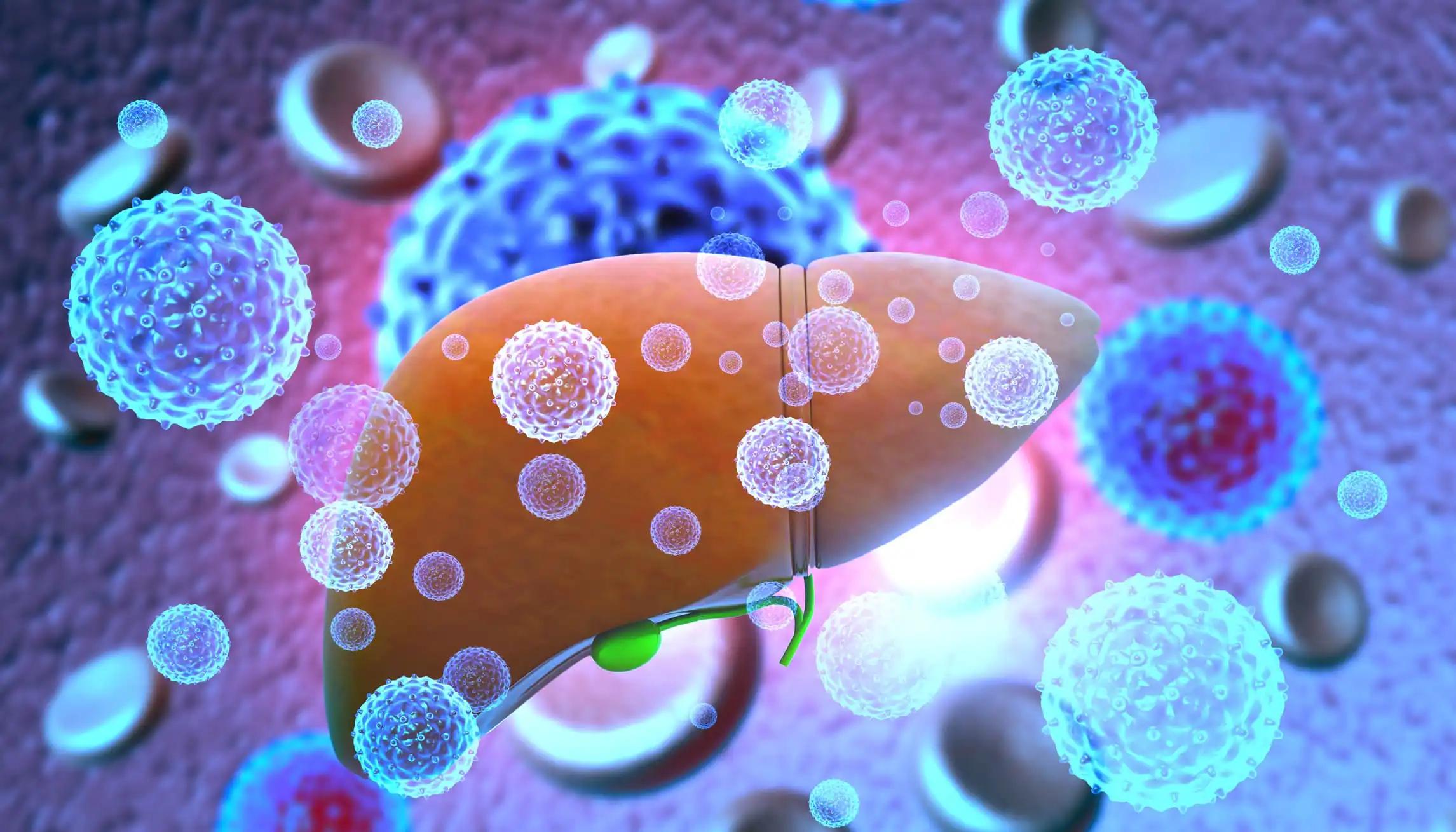KEY TAKEAWAYS
- POLLUX is a phase III, multicenter, randomized, open-label trial that compared the efficacy of daratumumab in combination with lenalidomide and dexamethasone (D-Rd) versus lenalidomide and dexamethasone (Rd) alone in patients with relapsed or refractory multiple myeloma (RRMM).
- Eligible patients with at least one prior therapy were randomly assigned 1:1 to D-Rd or Rd until disease progression or unacceptable toxicity.
- The updated efficacy and safety results at the final analysis showed that D-Rd significantly extended overall survival (OS) versus Rd alone in patients with RRMM.
The phase 3 study compared the effectiveness and safety of daratumumab in combination with lenalidomide and dexamethasone (D-Rd) to lenalidomide and dexamethasone (Rd) when used alone to treat relapsed or refractory multiple myeloma (RRMM). A 13.5-month median follow-up showed a significant increase in progression-free survival (PFS) when using D-Rd. It presents updated efficacy and safety outcomes during the final analysis, focusing on overall survival (OS) in patients with RRMM. It involved randomizing eligible patients who had undergone at least ≥ 1 line of prior therapy. These patients were assigned in a 1:1 ratio to either D-Rd or Rd until they experienced disease progression or unacceptable toxicity. Following a positive primary analysis and subsequent protocol amendment, patients receiving Rd were allowed to undergo daratumumab monotherapy after reaching disease progression.
A notable improvement in overall survival (OS) was observed among patients receiving D-Rd (hazard ratio of 0.73; 95% CI, 0.58 to 0.91; P = .0044) at a median follow-up of 79.7 months (range: 0.0-86.5). Specifically, the median OS was 67.6 months for those on D-Rd compared to 51.8 months for those on Rd. Most patient groups, including those aged 65 years or older, patients with one, two, or three prior lines of therapy, those with International Staging System stage III disease, high-risk cytogenetic abnormalities, and those who were refractory to their last previous line of treatment or a proteasome inhibitor, experienced improved OS with D-Rd compared to Rd. The most frequently occurring (≥10%) grade 3/4 treatment-related adverse events with D-Rd versus Rd were neutropenia (57.6% vs. 41.6%), anemia (19.8% vs. 22.4%), pneumonia (17.3% vs. 11.0%), thrombocytopenia (15.5% vs. 15.7%), and diarrhea (10.2% vs. 3.9%).
In patients with RRMM, adding daratumumab to Rd significantly prolonged overall survival (OS) compared to Rd alone. This phase 3 POLLUX study and the positive OS results seen in the phase III CASTOR trial for daratumumab in combination with bortezomib and dexamethasone represented the first evidence of OS improvement with daratumumab-based therapies in RRMM.
Source: https://pubmed.ncbi.nlm.nih.gov/36599114/
Clinical Trial: https://clinicaltrials.gov/ct2/show/NCT02076009
Dimopoulos MA, Oriol A, Nahi H, San-Miguel J, Bahlis NJ, Usmani SZ, Rabin N, Orlowski RZ, Suzuki K, Plesner T, Yoon SS, Ben Yehuda D, Richardson PG, Goldschmidt H, Reece D, Ahmadi T, Qin X, Garvin Mayo W, Gai X, Carey J, Carson R, Moreau P. Overall Survival With Daratumumab, Lenalidomide, and Dexamethasone in Previously Treated Multiple Myeloma (POLLUX): A Randomized, Open-Label, Phase III Trial. J Clin Oncol. 2023 Mar 10;41(8):1590-1599. doi: 10.1200/JCO.22.00940. Epub 2023 Jan 4. PMID: 36599114; PMCID: PMC10022849.



